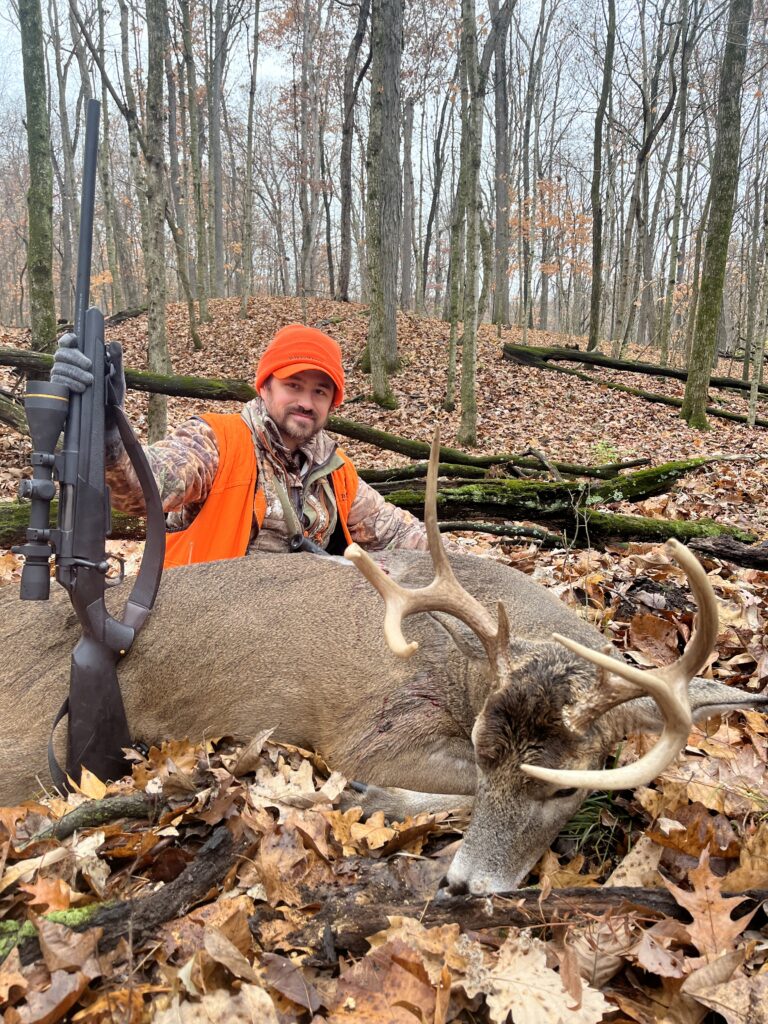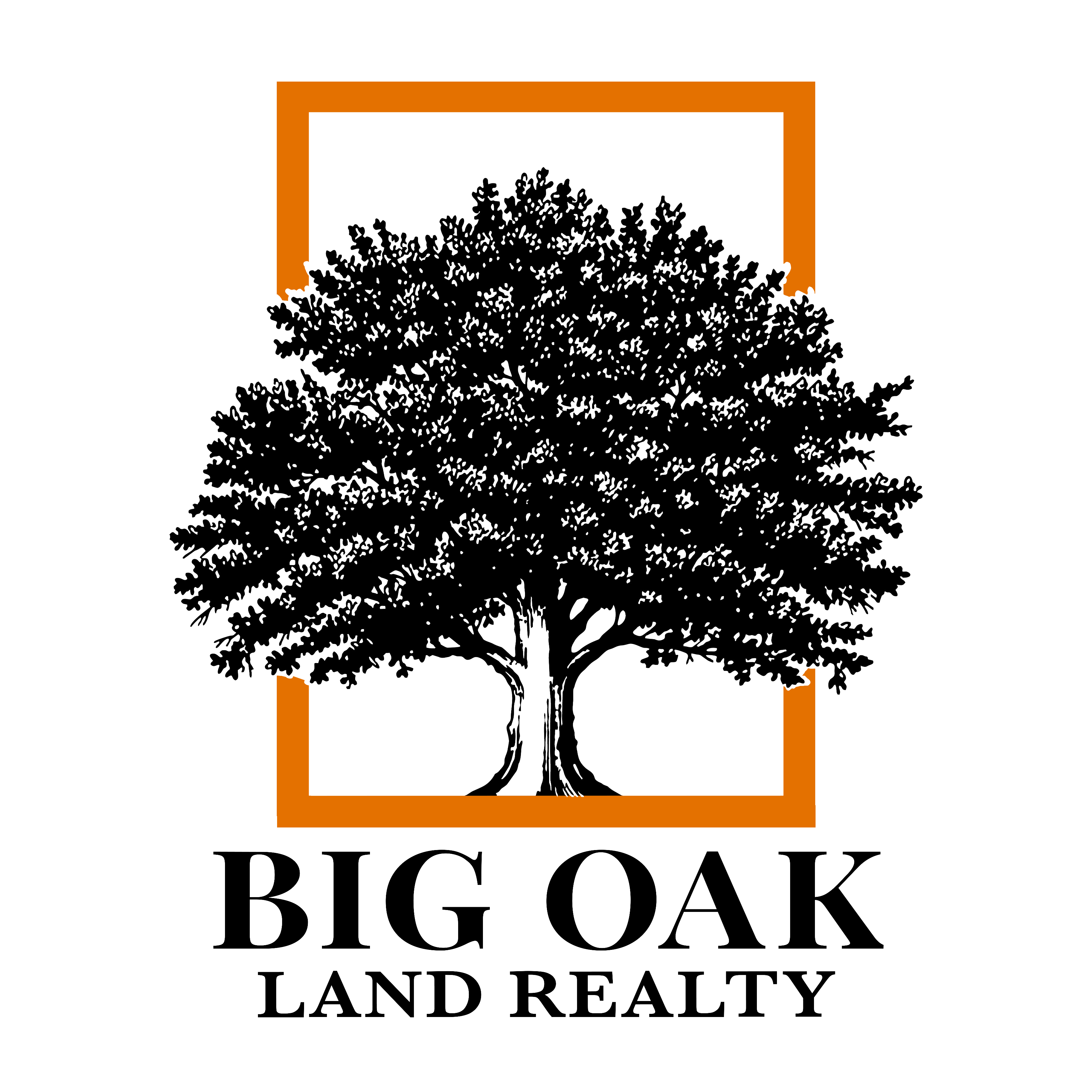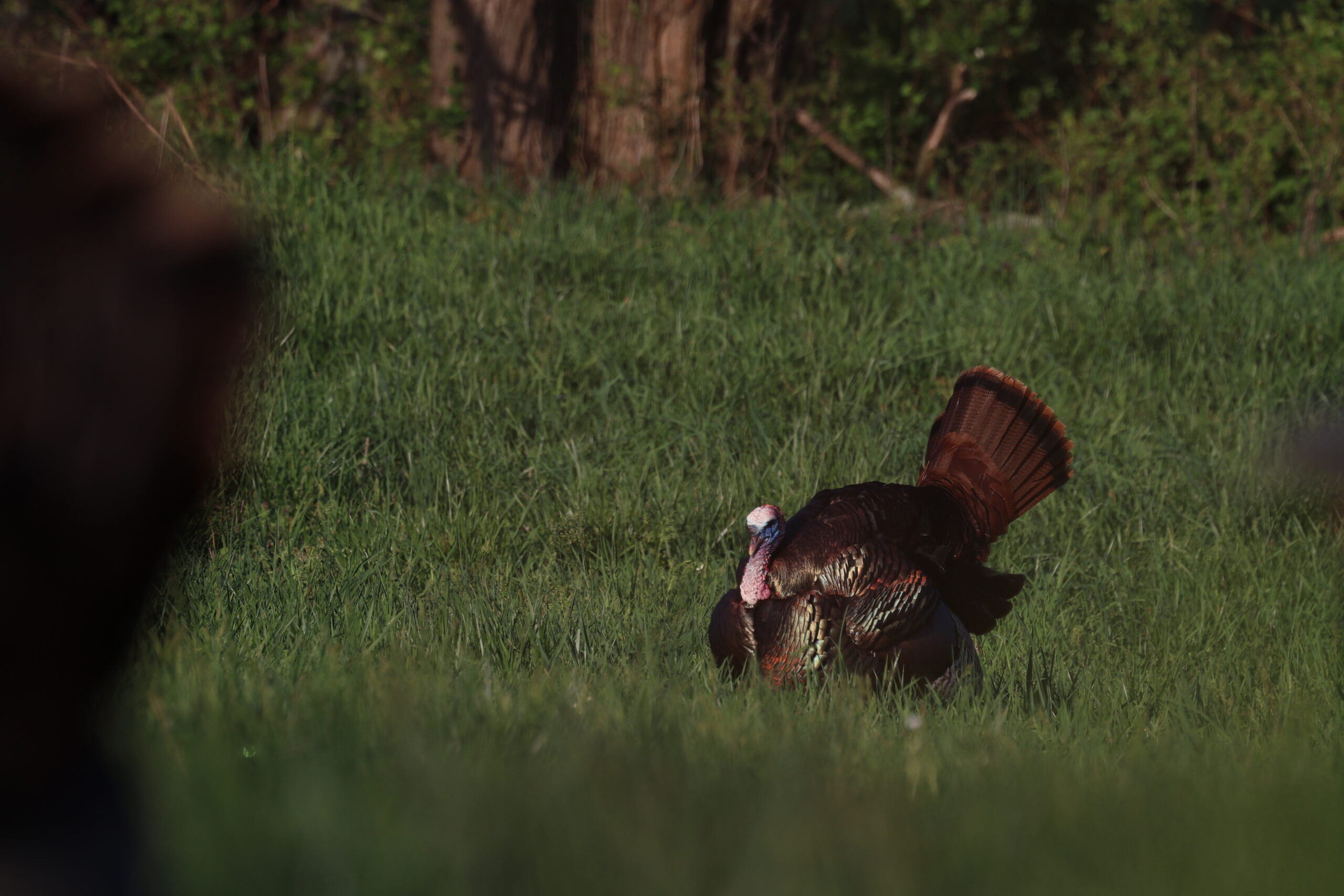Imagine a scenario where a landowner is liable because a hunter fell and broke a leg (or worse) on their property. Or one where a hunter takes a guest hunting, and that guest is harmed due to the hunter’s negligence. In both situations, someone is liable. Without a hunting lease insurance policy, the landowner and hunter might be at risk.
Of course, the concept of hunting lease insurance, such as offered by Outdoor Underwriters, and the benefits provided by such a policy, are new to some hunters and landowners. That said, it’s a crucial must-have for landowners and hunters alike. Here is a brief overview of the importance of for both landowners and hunters.
What is Hunting Lease Insurance?
For many hunters, owning land continues to be out of reach. Therefore, leasing good hunting land is the next best thing. But that can come with risks for both landowners and hunters. What’s the solution?
The definition of hunting lease insurance, and its purpose, is something every hunter should know. The same is true for the explanation of how lease insurance protects landowners and hunters from liability risks associated with leasing land for hunting. The landowner can increase profits from their property by leasing their land to hunters, and hunters are able to enjoy recreational opportunities they otherwise wouldn’t, all without worry of potential liability issues.
Some might think that a liability waiver is enough to forgo hunting lease insurance, but it isn’t. A waiver only protects the landowner for risks the hunters are aware of, and that are not a result of the landowner’s negligence. If a hunter is impacted due to the landowner’s negligence, a waiver likely won’t cover it. In most cases, a policy will, though.

A hunting lease can offer opportunities at a big deer. (Honeycutt Creative photos)
It’s important to sift through the detailed explanations of each type of coverage, including general liability, property damage, bodily injury, etc. A proven insurance provider can deliver an insurance policy that protects the landowner and hunter(s) at an affordable price. Choose from the different types of coverage options available under hunting lease insurance policies.
Why Is Hunting Lease Insurance Important for Landowners?
Per precedence, landowners who lease their property for hunting purposes can open themselves up to legal liabilities. Hunting lease insurance is essential for landowners leasing their property for hunting purposes and it helps protect landowners’ assets and finances in case of accidents or damages.
If an accident occurs on a landowner’s property, and they are found liable, going without a policy can be disastrous. Fortunately, if an unfortunate accident does occur, an insurance policy can cover the liabilities a landowner would otherwise have to satisfy. (Not to mention costly legal fees.) These things and more can lead to financial instability for the landowner and their family.
Real-Life Examples:
- Personal injury: A hunter falls into a deep sinkhole on the property and becomes injured.
- Property damage: A landowner unintentionally runs into a hunter’s expensive hunting blind with their tractor.
- Hunting-related incidents: A hunter falls from their treestand, and the landowner is found liable.
Importance of Lease Insurance for Hunters
Hunters should also be aware of hunting lease insurance. A policy can provide liability coverage for hunters while they are hunting on leased property. It’s crucial to select a policy that covers the specific needs of all parties involved.
If an accident occurs on a leased property, a policy can help with liabilities that hunters would otherwise have to cover.
Real-Life Examples:
- Personal injury: A hunter brings a guest, and that guest is injured due to the primary hunter’s negligence.
- Property damage: A hunter accidentally burns down a field full of crops.
- Hunting-related incidents: A hunter accidentally shoots the landowner’s (or a neighbor’s) livestock.
Factors to Consider
There are many factors that landowners and hunters should consider when selecting hunting lease insurance policies. Follow these tips for finding the right coverage and ensuring adequate protection for all parties involved.
- A policy that offers increased leverage for hunters seeking to lease a piece of hunting land.
- A policy that offers peace of mind to a landowner (and hunters).
- A policy that offers increased protection for all parties involved.
- A policy in which coverage increases as the acreage increases.
How Much Does Hunting Lease Insurance Cost?
Hunters and landowners might wonder about hunting lease insurance costs. Fortunately, it’s very affordable. Factor in what it protects you against; the price is even more of a non-factor. Selecting a good insurance policy through a proven provider, and the added coverage is a no-brainer.
As for specific costs, oftentimes, insurance premiums are calculated in a very specific manner. There are several fluctuating factors that can affect the cost. It’s important to understand an overview of the cost factors that influence premiums.
How to Obtain A Policy
The application process for obtaining hunting lease insurance is an easy one, but it’s important to follow all steps correctly. Oftentimes, there is required documentation, too. There is a step-by-step process on how landowners and hunters should obtain a policy.

A good hunting lease is only worth the peace offered by an insurance policy. (Honeycutt Creative photos)
If you’re in the market for hunting lease insurance, Outdoor Underwriters offers free insurance quotes. Generally, policies offer $1 million of insurance coverage per occurrence and $2 million aggregate per hunt club (or group of hunters). The landowner must be named on the policy as insured.
Hunting Lease FAQs
There are numerous questions surrounding hunting leases. Some of the most common frequently asked questions (FAQs) include the following.
Q: What does a hunting lease insurance policy cover?
A: Oftentimes, a policy covers outlined liability claims, such as fire coverage, property damage, bodily injury (i.e.: ATV accidents, watercraft accidents, treestand falls, etc.), medical expenses, premises and operations liability, cross liability, legal defense fees, and more. Generally, it covers landowners, lease members, and lease member guests. Check lease insurance policies for specific outlining of coverage.
Q: Why do I need hunting lease insurance?
A: Hunters and landowners can face legal and liability challenges. They need protection in the form of insurance.
Q: Should an attorney look at the generated lease and lease insurance agreements?
A: A hunting lease or hunting lease insurance agreement is a legal document. While most insurance companies employ very competent attorneys, it is a legal document, and you should decide whether a third-party lawyer should look over it, or not.
Q: Does a hunter’s property or hunt club need to be a formal entity to be insured?
A: No, any singular or group of hunters can participate in most hunting lease programs.
Q: Should the landowner also be named as insured on a hunting lease and insurance agreement?
A: Yes, the landowner should be named among those insured.
Conclusion
A hunting lease insurance policy isn’t something to just consider. It’s a must for anyone involved with a hunting lease (on either side of the transaction). Secure a policy and enjoy peace of mind this year, and beyond. Happy hunting.


